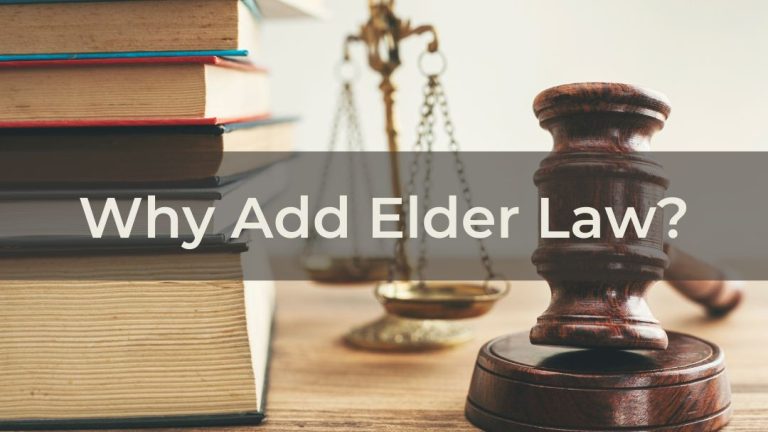The Real Impact of the Deficit Reduction Act of 2005

Disclaimer: Since Medicaid rules and insurance regulations are updated regularly, past blog posts may not present the most accurate or relevant data. Please contact our office for up-to-date information, strategies, and guidance.
Impact of DRA
The primary impact of DRA relates to the fact that all gifts within the 60-month lookback period are pooled together, and the resulting figure is then divided by the applicable monthly divestment penalty divisor, creating a Medicaid ineligibility period for a set number of months. For example, if during the 60-month lookback period, John Smith gave away a total of $75,000, and the monthly divestment penalty divisor in his state was $5,000, he would be ineligible to receive Medicaid benefits for 15 months.
The secondary impact of DRA relates to the fact that the 15 month Medicaid ineligibility period would not commence running until John Smith is “otherwise eligible” for Medicaid benefits. In order for John Smith to be eligible for Medicaid benefits, he must be able to show that he has no more than his personal property – clothing, a prepaid funeral arrangement, and $2,000 of cash or other assets.
In light of the above, the following questions need to be asked:
(1) What happens if John Smith cannot get the gifts back and he needs immediate nursing home care?
Answer: A nursing home admissions department is not likely to accept John Smith into their nursing home facility.
(2) Who will end up taking care of John Smith?
Answer: John Smith’s family will end up having to provide for his care.
(3) If John Smith is able to get back all of the gifts, how soon can he qualify for Medicaid benefits?
Answer: If John Smith is able to get back all of the gifts, by way of a Gifting/Medicaid Compliant Annuity Plan John Smith can qualify for Medicaid benefits in five to seven months. The Medicaid ineligibility period will be directly impacted by John Smith’s monthly income and the anticipated monthly cost of the nursing home stay.
(4) Assuming John Smith implements the Gifting/Medicaid Compliant Annuity Plan outlined in Question (3) above, what will the gift amount be to his children?
Answer: The gift amount to John Smith’s children will be no less than $37,500 and no more than $45,000. The final gift amount will be directly impacted by John Smith’s monthly income and the actual monthly costs related to his nursing home stay.
All in all, the impacts related to DRA have encouraged seniors, like John Smith, to revisit their goal of making lifetime gifts to their children, grandchildren, churches, and other charitable organizations. For many, assuming their goal still makes sense, they will purchase a long-term care insurance plan which offers two to three years worth of long-term care benefits.
Krause Financial specializes in crisis Medicaid planning and providing insurance products used in crisis Medicaid planning. If you are interested in seeing a complimentary Gifting/Medicaid Compliant Annuity Plan, or Long-Term Care Insurance illustration, please feel free to visit the Request a Quote page to request an illustration.



